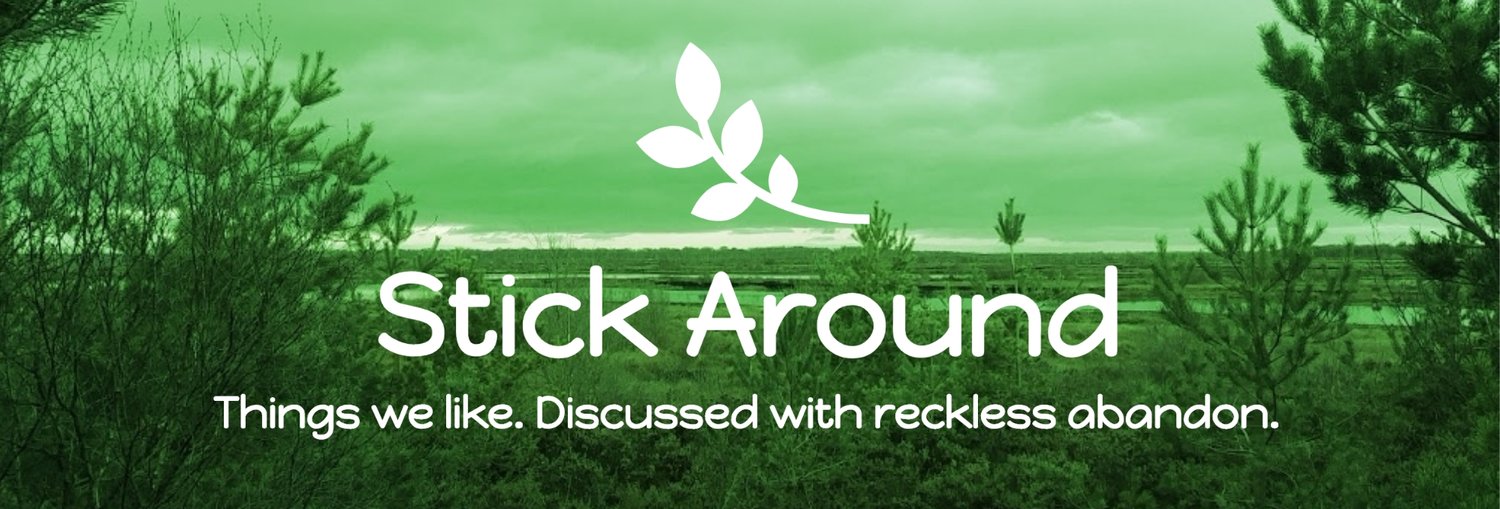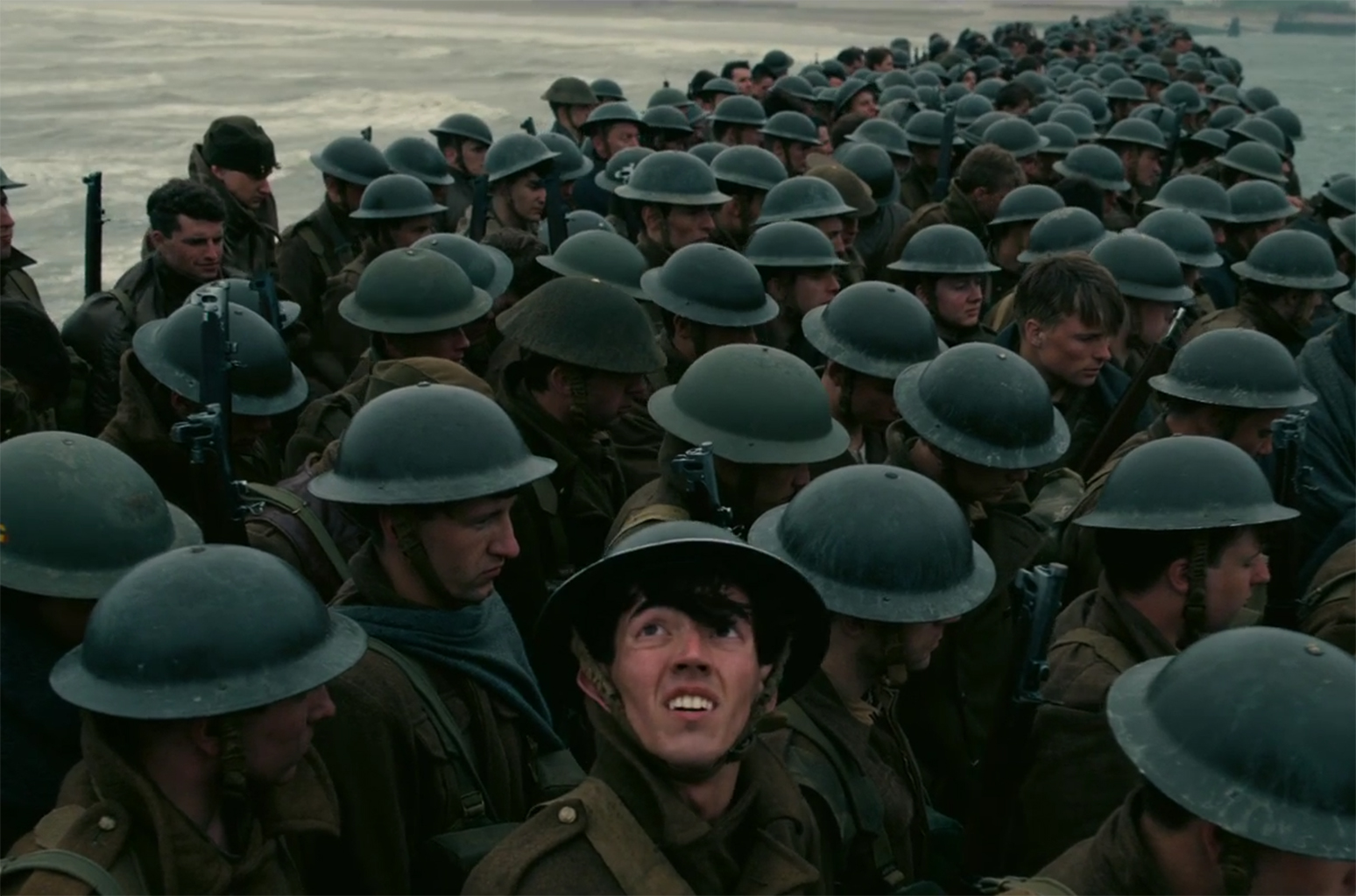BYOH - Bring Your Own History
I lost my Dad on January the 11th of this year. Derek Wain passed away following a bout of pneumonia in his care home aged 66. Had he lived a few months longer, I suspect in his weakened state he would have been likely to succumb to the covid-19 virus that has ravaged care homes up and down the country, especially in the UK epicentre of the virus (London), where my Dad lived. My Dad suffered from early-onset dementia as a result of alcohol abuse that plagued the majority of his adult life.
We had a complicated relationship that was not always identifiable as a father-son connection. My parents divorced when I was an infant and I would usually see my Dad two or three times a year for a week at a time or a long weekend. I would travel from Teesside and my Dad would travel from London, meeting somewhat in the middle at my grandparents’ house in Leeds. I can’t pretend I remember a great deal from our time together when I was younger beyond trips to the swimming pool and the cinema. My teenage experiences with my Dad are the first I can remember with clarity, and in retrospect the first warning signs of his addiction to alcohol. We would go out for food frequently, inevitably to a pub that had a menu and when we weren’t eating out, we usually spent time in snooker halls. Anywhere where my Dad could get a pint. I won’t pretend I don’t have fond memories of these times, because I loved (and still love) playing snooker and I loved just spending time with him even if the relationship never felt parental.
Over the better part of ten years since, I have been in a state of diluted resentment towards my Dad. Despite my misgivings about him, I resented that he wasn’t in my life more. I wanted the relationship that most people got with their Dad growing up. I appreciated that I had experienced a good upbringing that many people would envy, but all the same I resented what I had missed out on. My Dad was not someone who made longstanding connections and relationships with many people. You could argue he didn’t have any real friends. His personality traits made relationships difficult for him. My Dad was quick to snap out, easy to agitate and often savagely criticised or put down other people without fair cause. I should note that my Dad was rarely anything but genial to me personally, but I’ve seen enough of his interactions with others and heard enough stories from other people for that to be fair comment. So it wasn’t his friends or social life that kept him in London. Neither was it his work. At different times, I’ve known my Dad to be a carpenter, joiner, private members’ club concierge, bus driver and a delivery driver. Those are just the jobs I know about. Aside perhaps from his time as a concierge in a Mayfair private members club, a period in which he claims to have known the snooker legend Steve Davis and have beaten in a single frame shoot-out, his various jobs could have been found more or less anywhere else in the country. So perhaps you can see why I had resentment as to why he chose to live 250 miles away.
My Dad’s addiction to alcohol led first to a significant mental breakdown around 2007 in which he dropped almost entirely off radar for the better part of three years, living from what I can gather between various institutions and hostels. I will never get the full story regardless of how much I dig. His phone had been cut off, his flat repossessed by the bank and he had always been a Luddite when it came to technology, so was untraceable via the internet. I only know what I know thanks to his eventual social worker who got in contact with me following two years of failure on my part to find him. From what I understand, he disassociated for a time period and could barely remember who he was, hence the difficulty in finding him. The breakdown he experienced was probably the result of an untreated personality disorder that he was never officially diagnosed with, or at least this is the opinion of various social workers who have worked patiently with him, and an opinion I’m inclined to agree with. So perhaps my resentment has been unfair. Perhaps my Dad used alcohol as a coping mechanism for a problem he was not getting the right help for, for problems that until relatively recently were not taken seriously enough. As far as I know my Dad never sought help for his mental illness and I suspect this is probably true of many men of his generation. I can relate. There will possibly be people reading this who have known me very well for a long time who know little or next to nothing about my Dad. The fact that my Dad was not entirely at fault for his often selfish decisions and actions is honestly of little comfort. If anything, the revelation feels like an invalidation of my thoughts and feelings.
After a period of stabilisation, my Dad lived out his final years in a care home in London. Were it possible I could have cared for him personally or at least relocated him further North I would have, but I was advised against it on many occasions. His dementia left him with perfect recoil of the past, seemingly up to the point of his breakdown, but left no sponge to make new memories. Every time I visited him he would ask about how I was doing at university and I rarely had the heart to correct him that it had been over a decade since I’d been. This period was probably the longest time he’d been sober in 30 years.
So why am I writing about this on pop culture website? Don’t I have a personal blog or a diary? The answer is no to both, but bear with me, because the art of cinema provoked this article.
Shortly before the start of the Covid-19 lockdown I visited the cinema to see the latest Pixar offering Onward, starring the voice cast of Chris Pratt, Tom Holland and Julia-Louis Dreyfus among others. Any readers who also listen to the podcast will know that I gave it a good review, commenting that while it was perhaps not the finest film Pixar had ever made, it was well-directed, with good performances and hit the right emotional notes. This was a cop out. Onward had a huge emotional impact on me and might be one of the most intense cinematic experiences I have ever had.
The plot of Onward centres on two brothers who live in a world in which the inhabitants are all magical creatures such as elves or centaurs. Their world has been left devoid of much of its former magic thanks to technology. There are spoilers ahead, this is your warning. On the 16th birthday of the younger brother (voiced by Tom Holland), both brothers receive a magical staff from their long-deceased father with the magical power to bring him back for one day only. The older brother (voiced by Chris Pratt) experienced some time with their Dad before he passed away, while the younger brother experienced nearly none. Inevitably the brothers fuck the spell up and accidentally only bring back his lower half, leading to a quest to find another magical stone in time to bring back the rest of him before the spell wears off. The narrative for the most part is formulaic, with ups and downs and an inevitable huge fight between the brothers leaving their quest in apparent tatters. At this stage the younger brother begins to cross things off his list of things he wanted to do with his Dad that now could not happen. One by one he crosses items off before realising that he had experienced most of the very usual father-son experiences through his older brother. The brothers find the magical stone later in the film with minutes to spare, but a dragon attacks (the details as to why aren’t important). The younger brother makes the selfless decision to hold off the dragon with his new-found magical abilities so his older brother can finally say his goodbye to their Dad. For one of only a few occasions at the cinema I was in tears. I have never had a brother and my Dad did not die till I was 32, so my experiences don’t match up with the characters of Onward, putting aside the dragons and wizards, but the emotional core of the film resonated with me. I did not experience the normal experiences most sons experience with their actual father, but I was never without people to guide me and I did have a father-figure that I didn’t appreciate well enough at the time in my Step-Dad Mike.
Image credit: Disney/Pixar
Reading the plot of Onward or actually watching the film may not stir anything emotionally in you personally. I stand by the criticisms of the film being largely formulaic and often unoriginal. It doesn’t match up to the quality of Inside Out. Quoting Mark Kermode quoting Roger Ebert, films are like a machine for creating empathy. That empathy is often empathy towards a narrative you have nothing in common with personally, but perhaps peaks when even an element relates to your personal history. I experienced a release of resentment having watched the film. I didn’t forgive my Dad, because perhaps he wasn’t a well enough person to have been at fault, but I let my resentment towards him go and now I’m left with the better memories. Onward was a profound experience for me because I brought my own personal history to the cinema with me.











